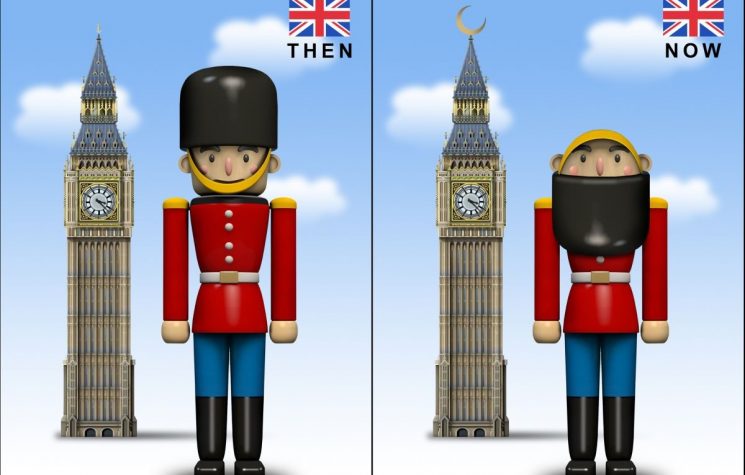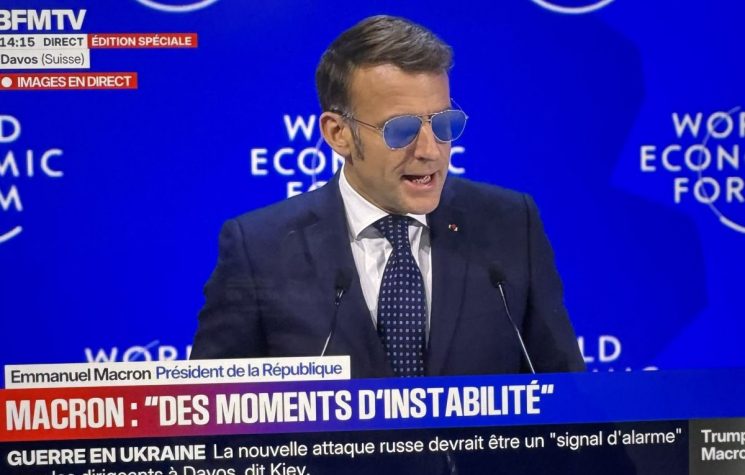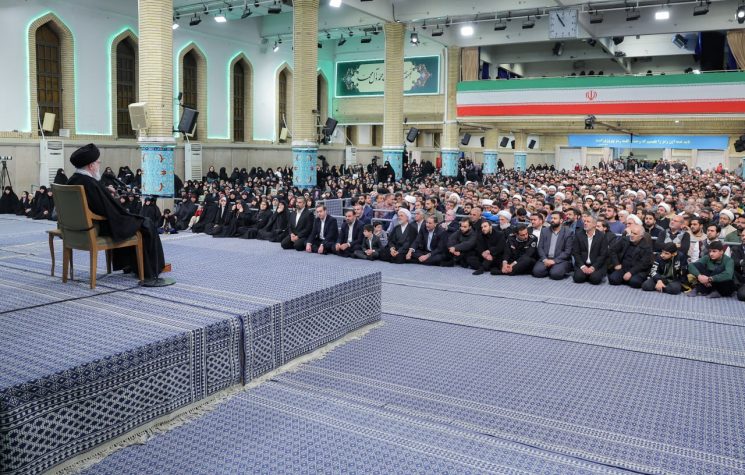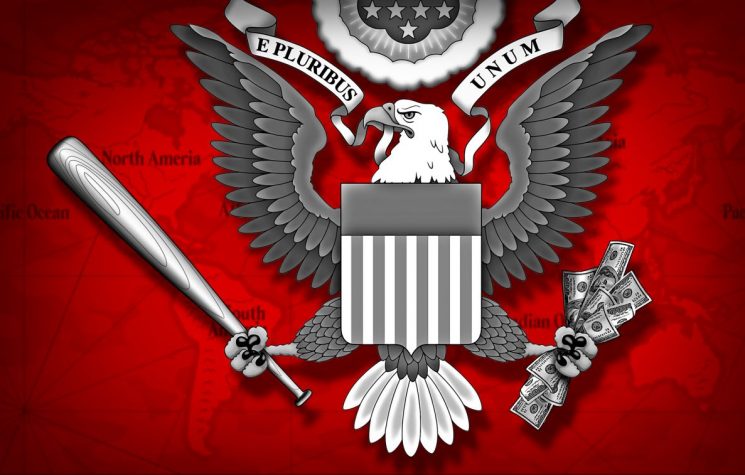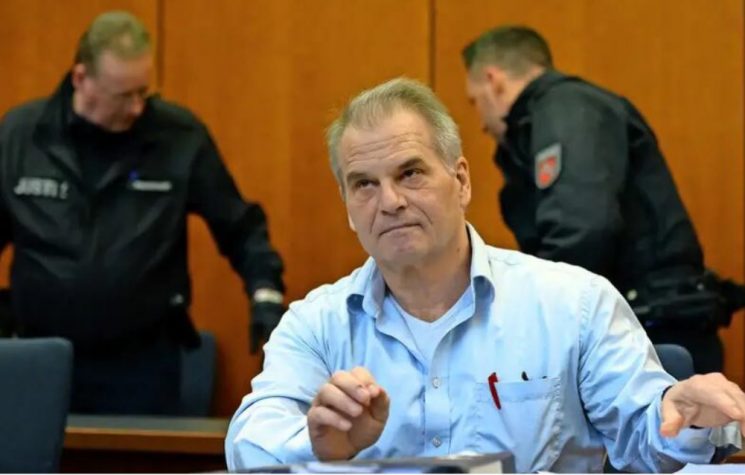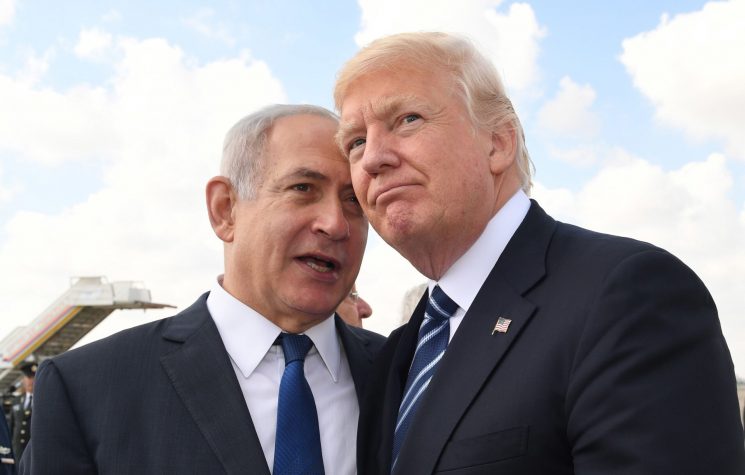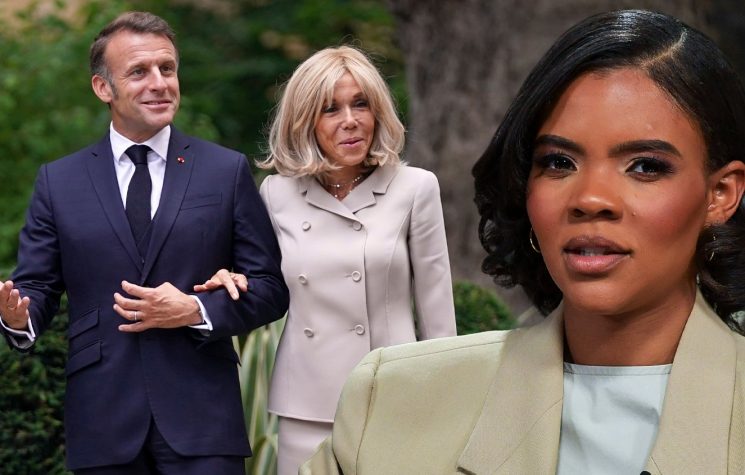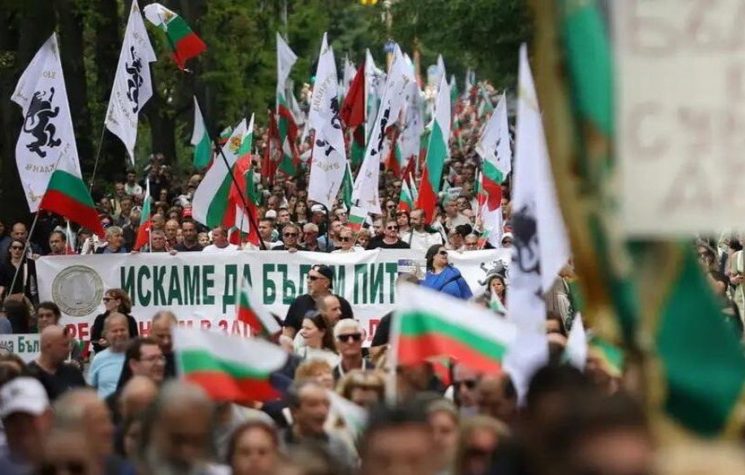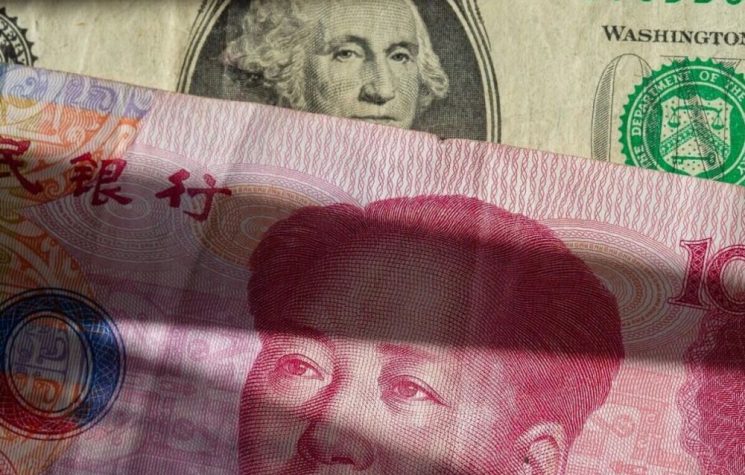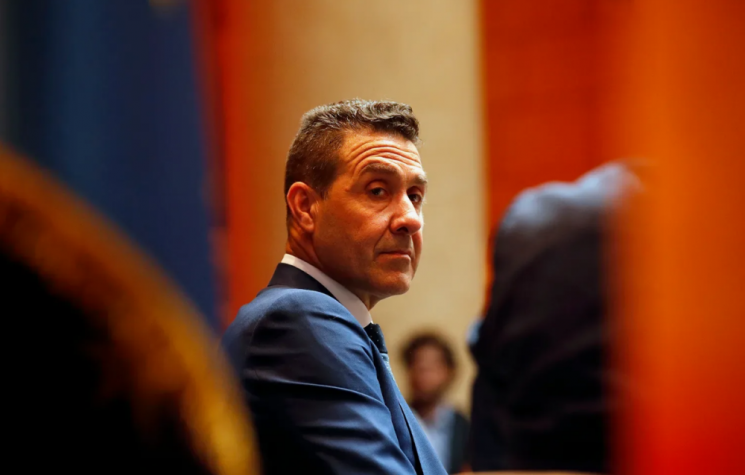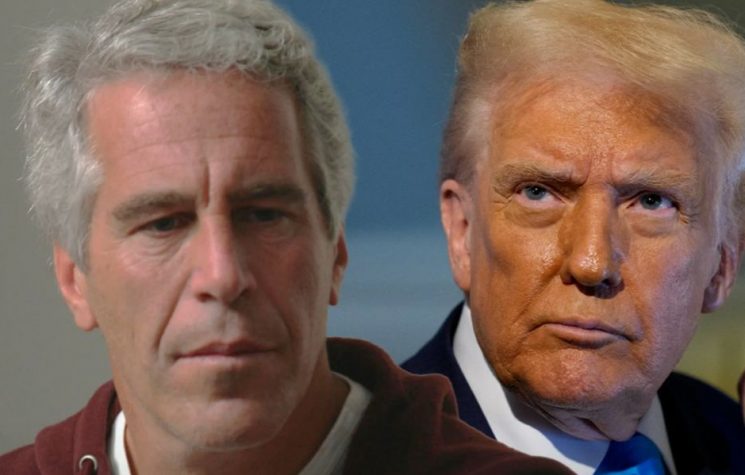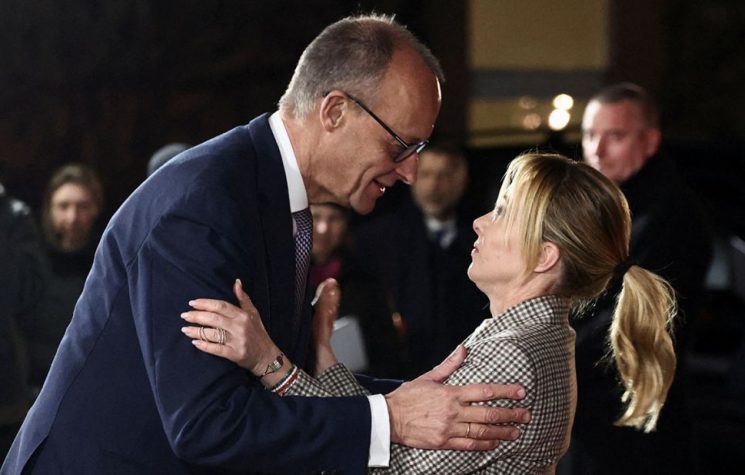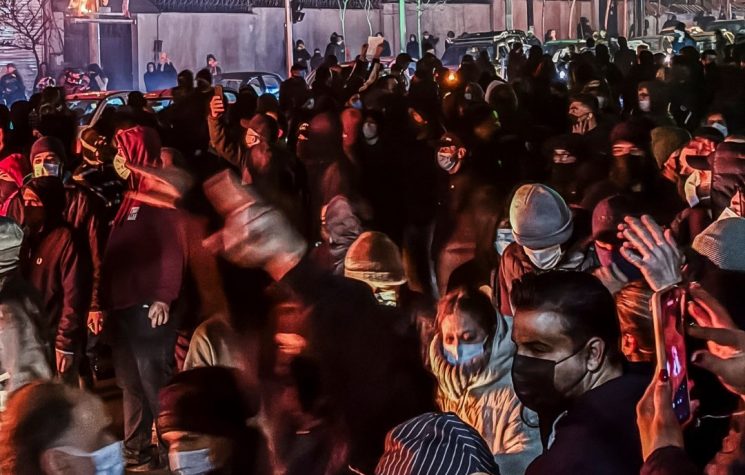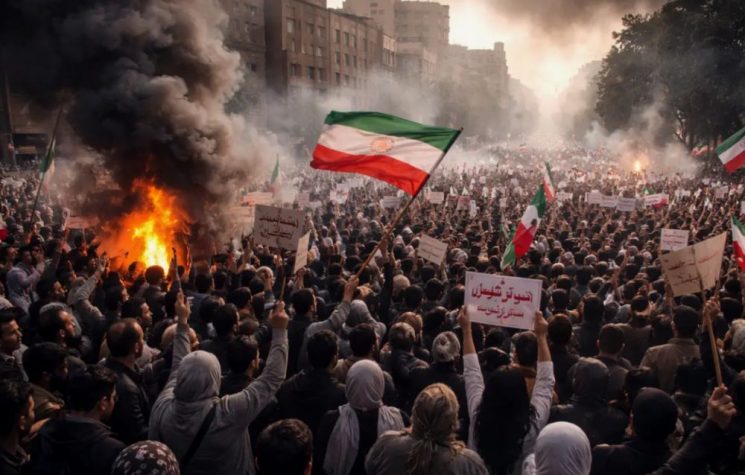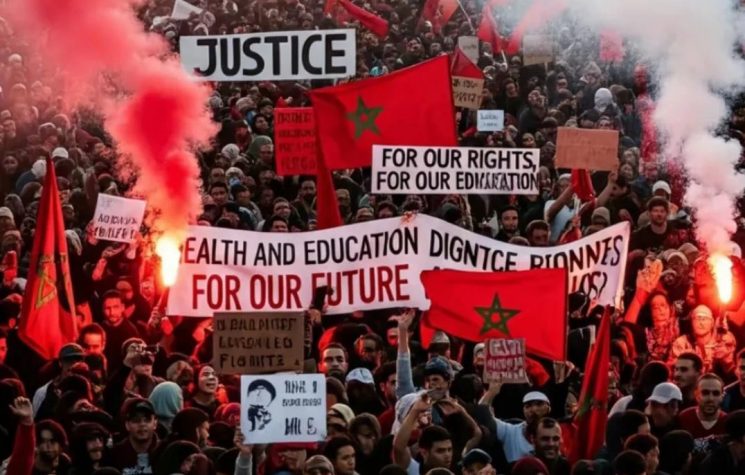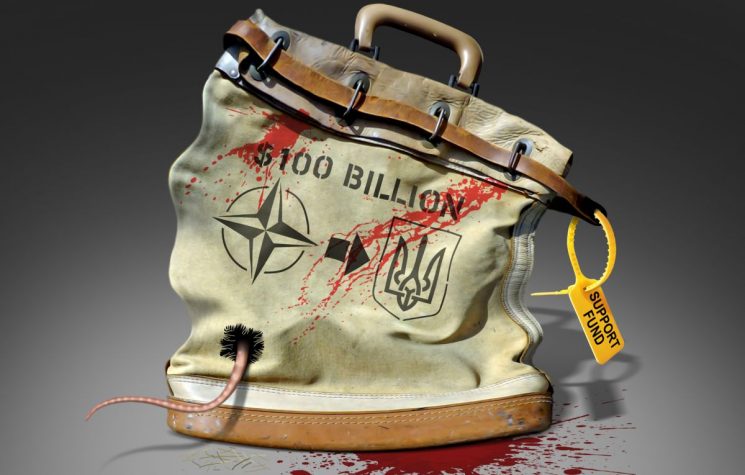The French crisis is not only financial but structural, with policies that since the Sarkozy years have favored private interests over national ones.
Join us on Telegram![]() , Twitter
, Twitter![]() , and VK
, and VK![]() .
.
Contact us: info@strategic-culture.su
Old European powers
In recent decades, Germany has been the economic engine of Europe, while France has been its political, cultural, and military heart. Political because of its balancing role and permanent seat on the UN Security Council; cultural because of its universalist vision; military because of its status as a nuclear power. Together with the United Kingdom, republican France has maintained and exercised power over the whole of Europe, in concert with US military power.
Today, however, France is increasingly seen as a cause for concern.
Let’s take it step by step. First of all, the financial markets consider it fragile and unstable, with the focus on its 50-year-high debt and unpromising economic prospects. This crisis is also political: the French have lost confidence in both the government and the opposition, convinced that the ruling class has betrayed the fundamental interests of the nation, reducing itself to a mouthpiece for European and American financial interests.
Former Prime Minister François Bayrou, after consulting with the Élysée Palace, called for a vote of confidence on the 2026 budget law, which included cuts of €44 billion. The National Assembly rejected the proposal, causing the fall of his government and the rapid appointment of Sébastien Lecornu as the new prime minister. Emmanuel Macron’s decision to reject the dissolution of the Assembly or a referendum allowed him to avoid a popular vote, an important choice for a president who enjoys only 17% approval ratings.
The 2024 legislative elections saw the New Popular Front win 182 seats, Ensemble (Macron’s bloc) 168, and the National Rally 143. Turnout exceeded 67%, the highest level since 1981.
On the government front, Élisabeth Borne was prime minister for 20 months (May 2022-January 2024), followed by Gabriel Attal (January-September 2024), who remained in office for about eight months. After the early elections, the government led by Michel Barnier was short-lived, replaced first by Bayrou and then by Lecornu. This instability reflects political fragmentation and the impossibility of building solid majorities.
Lecornu inherits a complex economic situation: $3.345 trillion in debt, high unemployment, bankrupt companies, and growing impoverishment of the working classes. Macron, in his two terms, exacerbated the problem by increasing debt and dismantling public services, replacing them with expensive private consultants such as McKinsey.
Some observers, such as those close to Medef, compare France to Greece during the 2007-2008 crisis, where the markets continue to lend money, alarmism is growing, and the risk of collapse is looming. France without the CFA franc is no longer what it once was, as we well know.
The French crisis is not only financial but structural, with policies that since the Sarkozy years have favored private interests over national ones. Macron has continued this trajectory, with public transfers of over 200 billion to large companies without concrete benefits for the community.
The official narrative—that France is living “beyond its means”—often omits crucial indicators such as demographic decline. Meanwhile, the social system created by the National Council of Resistance after World War II is being progressively dismantled. The daily reality for citizens is the withdrawal of the state: hospitals, schools, and security are deteriorating; drug trafficking is expanding even in the provinces; corruption is on the rise. Many wonder what Macron’s real strategy is, as he seems to be focusing on fear and division.
Towards war
In recent years, French squares have been the scene of massive mobilizations:
- September 2024: approximately 160,000 people in Paris and over 300,000 across the country in demonstrations promoted by La France Insoumise.
- May 1, 2025: the CGT estimated 250,000 participants in 270 demonstrations across France.
- September 10, 2025: “Bloquons tout” (Let’s block everything), 175,000 demonstrators, 473 arrests, and more than 800 blockades and marches.
- September 18, 2025: general strike with approximately 500,000 participants according to the government and over 1 million according to the unions.
These numbers highlight growing social tension and an increasingly marked disaffection with institutions. Such social pressure cannot last long.
The appointment of Lecornu, former Minister of Defense, confirms Macron’s move towards a “war economy” in line with NATO and EU demands to increase military spending to 5% of the budget. This represents a further step in the loss of national autonomy, with suggestions even of sharing France’s seat on the UN Security Council and its nuclear force with the European Union or Germany.
The only positive element remains the recognition of the State of Palestine, albeit without a concrete plan.
If Macron wants France to worry the markets for the right reasons, he should focus on productive investment, infrastructure renewal, strengthening public services, and cooperation with BRICS and SCO, in line with the Gaullist tradition of “détente, entente et coopération.” Otherwise, he risks leaving the scene much sooner than expected.
But France is in fact preparing for war, the war that has been boasted about for years now.
On July 14, the national holiday, behind the national celebrations, the parade on the Champs-Elysées took on a martial tone: war brigades and combat-ready troops sent a clear message to those who threaten Europe. President Macron stressed that France’s freedom has never been so threatened since World War II. At the same time, the Revue Nationale Stratégique was updated, predicting a possible large-scale war in Europe within five years. Macron identifies four global trends: the persistence of the Russian threat, the increased speed and violence of conflicts, the growing use of military technologies such as AI and drones, and uncertainty in European alliances.
Confidence in NATO has weakened since Trump declared that American commitment is not automatic, favoring a unilateral and protectionist approach. The United States pursues its own interests under the slogan “America First,” prioritizing security, the economy, and competition with China, without abandoning its global role but ignoring multilateralism.
This marks the crisis of the UN and the founding principles of international law, which are also threatened by Russia and the United States when they interfere with their interests. Without multilateral institutions, the law of the strongest returns. Faced with this “global jungle,” Macron is accelerating French military reinforcement to ensure security and international deterrence.
The point, the question, is: how long will this tension last before it turns into a social crisis?













